Surprising causes, symptoms and treatment
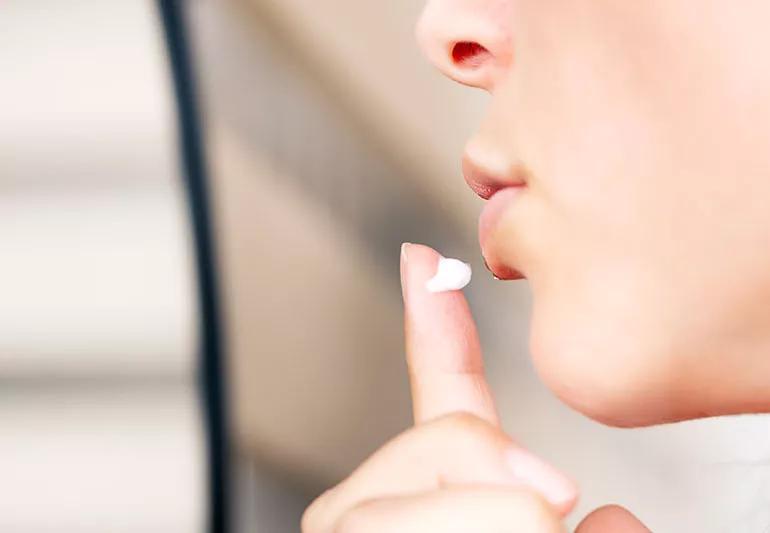
Many people confuse canker sores with cold sores or they assume they’re the same thing, but they’re not.
Advertisement
Cleveland Clinic is a non-profit academic medical center. Advertising on our site helps support our mission. We do not endorse non-Cleveland Clinic products or services. Policy
First, these mouth sores show up in different places: Canker sores appear inside your mouth, but cold sores happen outside, says dentist Todd Coy, DMD.
Also, while canker sores are not contagious, cold sores involve a very contagious virus. You risk passing cold sores along when you kiss someone, drink out of the same container or share silverware with other people.
While the cause of a canker sore is often hard to pinpoint, stress is one possible cause. Or they may sometimes develop after a mouth injury — such as when you accidentally bite your lip or tongue, says Dr. Coy.
Acidic fruits and vegetables, including lemons, oranges, pineapples, apples, tomatoes and strawberries, can trigger canker sores or make them worse. It also may surprise you to learn that nonsteroidal anti-inflammatory drugs, such as ibuprofen, sometimes cause canker sores.
You may have common canker sores if you notice a painful sore or sores on the inside your mouth, your tongue, soft palate (the back portion of the roof of your mouth), or inside your cheeks.
Canker sores will usually go away by themselves after a week or so, but they can make it difficult to eat or talk, so you may want to seek relief in the meantime.
Advertisement
“Rinsing your mouth out with highly concentrated salt water several times a day is one of the easiest ways to reduce the pain and inflammation caused by canker sores,” says Dr. Coy.
Mix about 1 teaspoon of salt into a half-cup to a cup of warm water. Swish the solution around in your mouth, but then spit it out (don’t swallow it).
Cold sores (also called fever blisters) show up as groups of painful, fluid-filled blisters, typically under the nose, around the lips or under the chin. The herpes simplex virus (HSV type 1) causes them. While HSV type 1 is closely related to the virus that causes genital herpes, HSV type 2, it’s not the same.
Symptoms of a cold sore outbreak may include a tingling sensation on your lips, followed by emerging small, fluid-filled blisters. The blisters may ooze, and then scab over.
HSV type 1 flare-ups often emerge at the same place every time there is an outbreak. Other symptoms may include fever, sore throat or swollen lymph nodes.
If you suspect that you have cold sores, avoid sharing cups or utensils with others. You should also avoid kissing while you have open sores as HSV type 1 is most often spread when someone is having an outbreak. It is much less likely but still possible to pass the virus along to others when you don’t have signs or symptoms, says Dr. Coy.
“Stress is one of the primary triggers of cold sore outbreaks because it decreases your body’s resistance to disease,” he says. “Changes in weather, particularly exposure to sunlight, can also cause outbreaks.”
Symptoms are typically most severe during an initial outbreak, and lessen somewhat during subsequent flare-ups, he says.
Cold sores typically stick around for about two weeks, but there are steps you can take to shorten flare-ups:
If you have had cold sores in the past, it’s a good idea to wear lip balm with an SPF of 30 to help protect your lips against sun exposure, which may cause outbreaks, says Dr. Coy.
Advertisement
Learn more about our editorial process.
Advertisement
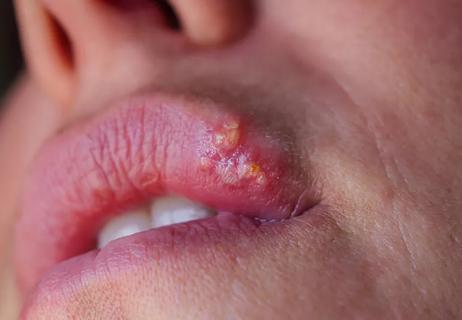
Food choices likely don’t cause cold sores — but they may help with healing and prevention
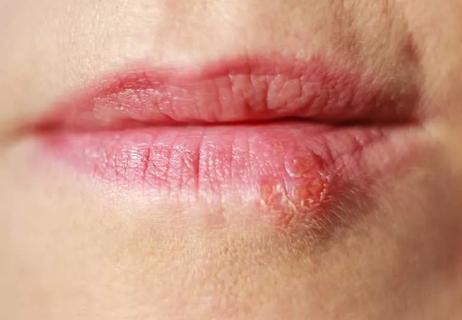
Clogged or inflamed pores cause one; a contagious virus causes the other
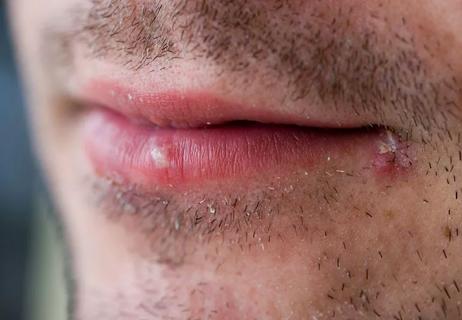
Find out when you run the greatest risk of passing cold sores to others and how to talk to your partner about it
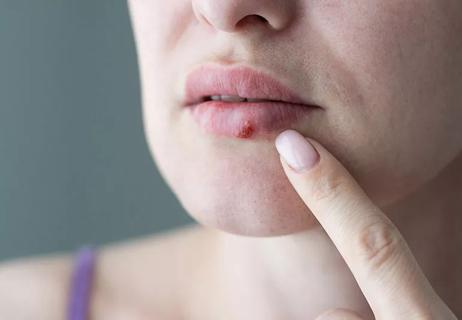
The short answer from a gynecologist
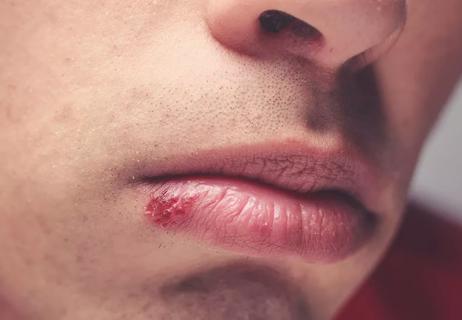
Heads up: it's contagious!

Most recommended precautions center around minimizing bruising or swelling

Even one drink can have an impact on your cognitive function leading to slurred speech, blurred vision and impaired memory

Type 2 diabetes isn’t inevitable with these dietary changes

Applying a hot or cold compress can help with pain